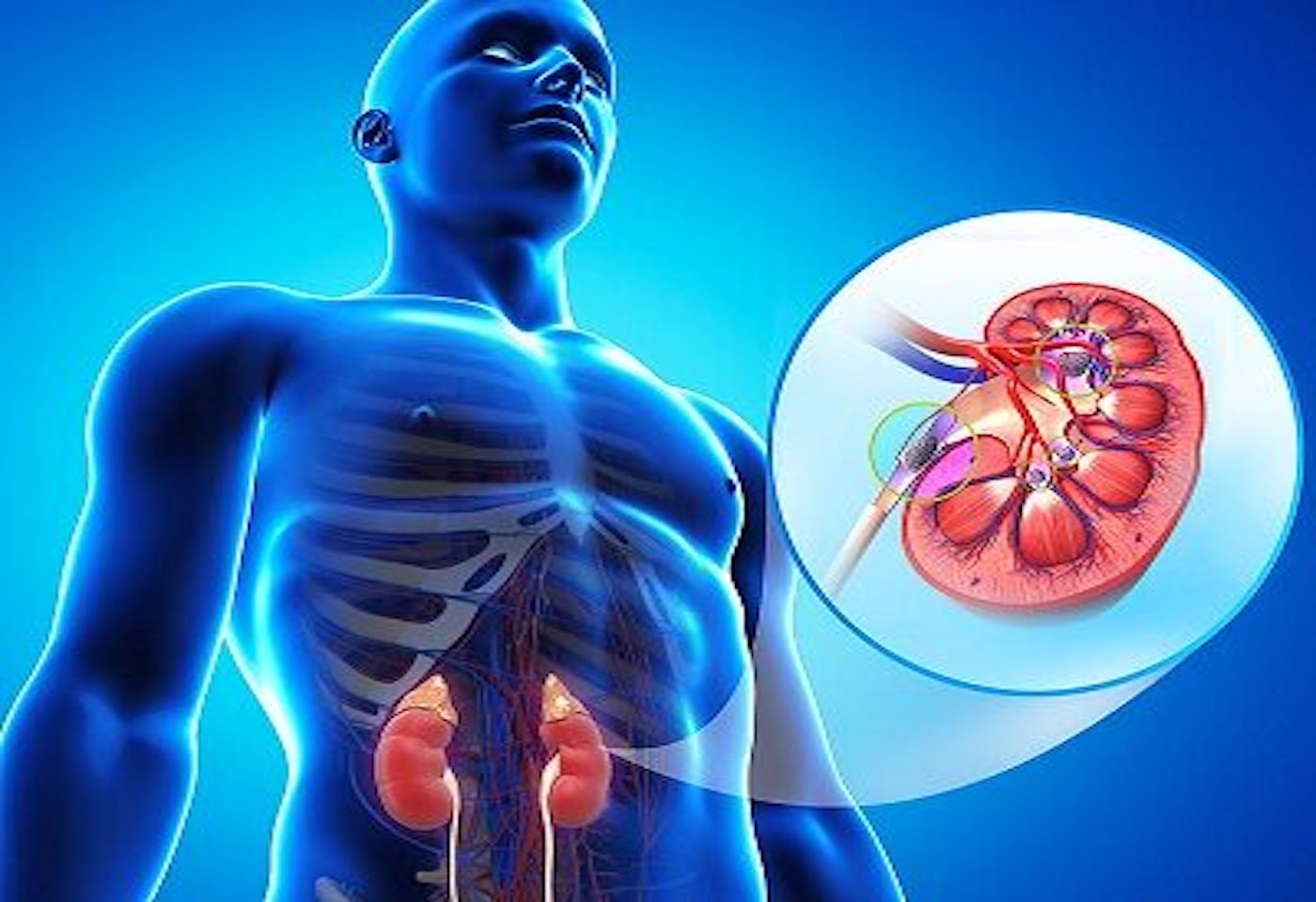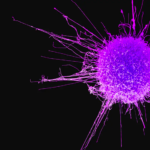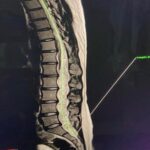India
healthysoch
Pune/chandigarh, March 28, 2025:
A 33-year-old man from Pune, suffering from severe pain, difficulty in urination, and recurrent urinary tract infections, was diagnosed with bilateral kidney stones. He had a massive 5.1 cm stone in his left kidney and a 1.6 cm stone in his right kidney. Retrograde Intrarenal Surgery (RIRS) using Thulium Fiber Laser was used to treat the patient because of the size and complexity of the stones.
A minimally invasive endoscopic technique called retrograde intrarenal surgery (RIRS) is used to precisely break and remove kidney stones. A thin, flexible scope is introduced into the kidney through the natural orifice of urinary tract, where the stones are broken up into fine dust using a laser. A rapid recovery with shorter hospital stay and fewer consequences can be made possible by this cutting-edge method, which ensures total stone removal and protects the kidneys.
Speaking on the case, Dr. Ankit Sharma, Consultant – Urology, Manipal Hospital, Kharadi, Pune, said“Kidney stones, especially large ones like this, can cause extreme pain, obstruction, and long-term kidney damage if not treated promptly. Generally, such large stones require PCNL, where a small hole is made in the kidney to retrieve the stones after fragmentation. However, modern technological advancements have allowed us to provide stone clearance through endoscopy alone.
The patient was treated using Retrograde Intrarenal Surgery (RIRS) with FANS (Flexible and navigable suction sheath), a minimally invasive endoscopic technique. The Thulium Fiber Laser used in this case is one of the most advanced laser technologies for precise and efficient stone fragmentation, ensuring minimal trauma and a faster recovery. With timely intervention, we could completely clear the stones, allowing the patient to return to normal life swiftly.”
Kidney stones are increasingly common, especially in summer, as dehydration leads to the formation of concentrated urine, increasing the risk of stone development. While stones smaller than 5 mm can often pass naturally, larger stones, such as the one seen in this patient, require advanced medical intervention. The case highlights the importance of early diagnosis, advanced surgical techniques, and expert medical intervention in effectively managing such complex conditions.







